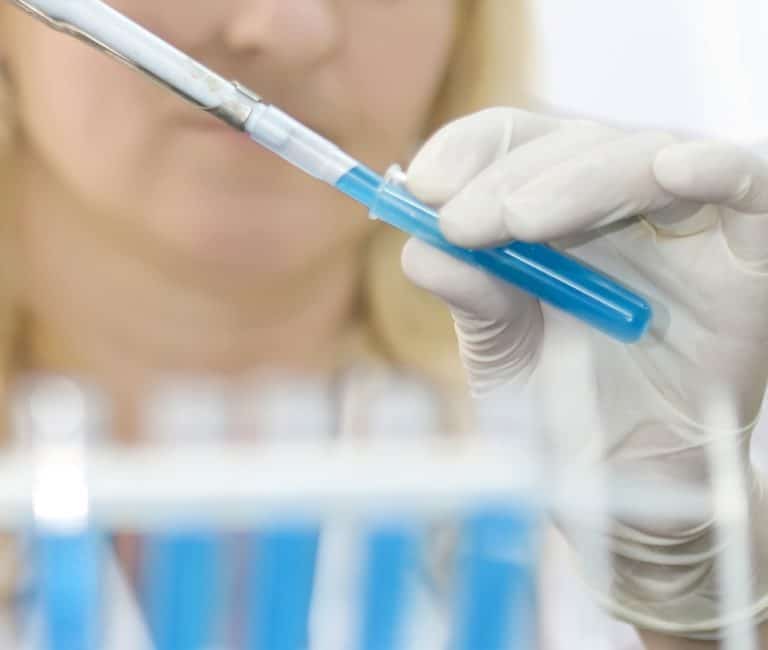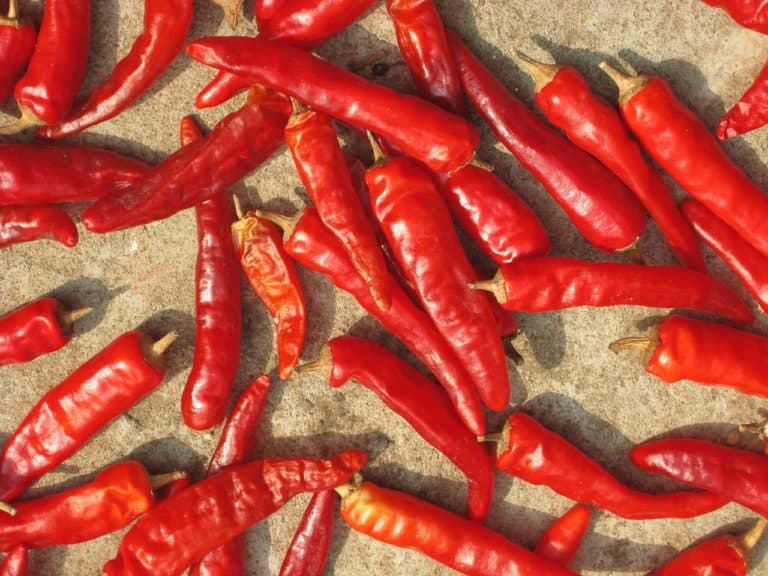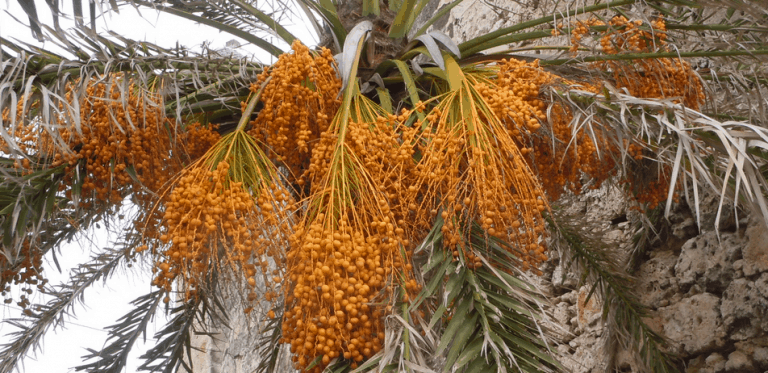The root and stem bark of the magnolia tree (Magnolia officinalis) contains several active ingredients, including magnolol, which some scientists have identified as having anticancer properties. A number of studies have explored how magnolia bark fights prostate cancer and the potential to use a supplement in men who have the disease.
Preliminary laboratory study results indicate that magnolol can prompt human prostate cancer cells to commit suicide (apoptosis).
A study from the University of Pittsburgh, for example, showed that treatment of prostate cancer cells with magnolol resulted in the inhibition of specific activities that promote and support cancer development. At the same time, magnolol did not have an affect on healthy prostate cells.
Subsequent lab studies have also shown that magnolol can stop the development, invasion, growth, and metastasis (spread) of prostate cancer cells. The authors of a Canadian study examined the impact of magnolol on prostate cancer cell lines and showed that it changed the expression of insulin-like growth factor-1 and associated proteins in the prostate cancer cells, leading the authors to suggest that “magnolol may have a potential role as a novel anti-prostate cancer agent.”
Magnolol also has been reported to possess other health benefits. In an August 2015 report appearing in Food Science and Biotechnology, experts noted that the magnolia bark extract has anti-tumor and anti-inflammatory properties, as well as an ability to enhance glucose uptake.
It is still much too early in the research to determine the effect of taking magnolia supplements for prostate cancer. Anyone wanting to take magnolia bark supplements should consult their healthcare provider before beginning treatment.
References
Lee DH et al. Magnolol induces apoptosis via inhibiting the EGFR/PI3K/Akt signaling pathway in human prostate cancer cells. Journal of Cell Biochemistry 2009 Apr 15; 106(6): 1113-22
Lee Y-S et al. Honokiol, magnolol, and a combination of both compounds improve glucose metabolism in high-fat diet-induced obese mice. Food Science and Biotechnology 2015 Aug; 24(4): 1467-74
McKeown BT, Hurta RA. Magnolol affects expression of IGF-1 and associated binding proteins in human prostate cancer cells in vitro. Anticancer Research 2014 Nov; 34(11): 6333-38







